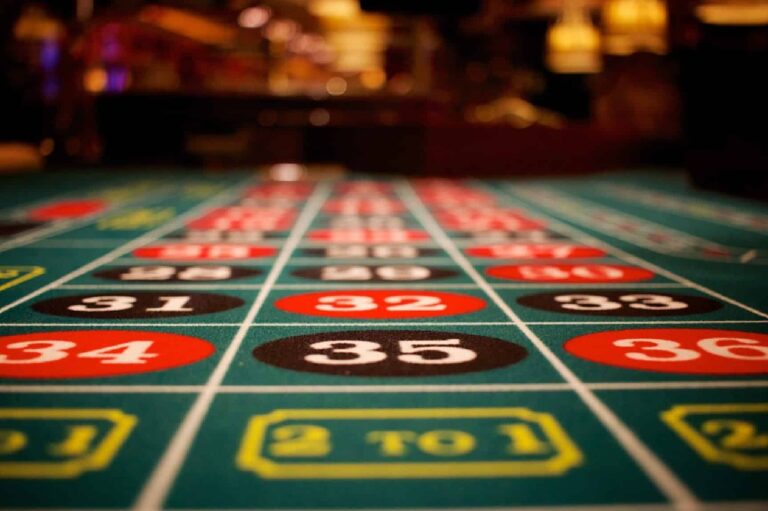Problem gambling, also known as gambling addiction or compulsive gambling, is a serious mental health condition that can significantly impact an individual’s life. There are several treatments available to help those struggling with problem gambling. These treatments often involve a combination of therapeutic approaches and support systems.
Here are some common treatments;
Motivational interviewing (MI): MI is a client-centered counseling style that helps individuals explore their motivations for change and resolve ambivalence. Therapists using MI help clients clarify their goals, assess the pros and cons of their behavior, and build intrinsic motivation to address their gambling problems.
Financial counseling: Financial problems are a significant consequence of gamblers’ behavior. Seeking financial counseling can guide managing debts and creating a plan for improving financial stability.
Motivational interviewing (MI): Motivational interviewing is a counseling technique that treats problem gambling. It involves a counselor helping a patient to identify gambling triggers and develop coping strategies. The counselor then educates the patient about the potential dangers of gambling and how to prevent them from occurring.
Cognitive-behavioral therapy (CBT): Cognitive Behavioral Therapy (CBT) addresses and transforms thinking patterns and behaviors. When dealing with problem gambling, CBT can assist individuals in identifying the factors that lead to their gambling habits, developing coping mechanisms, and replacing beliefs surrounding gambling with more positive ones.
Psychotherapy: Individual therapy or counseling can support people who want to understand and examine the roots and catalysts behind their gambling habits. Therapists collaborate with individuals to tackle the psychological aspects that play a role in fostering addiction.
Support groups: Support groups offer a space for people dealing with gambling issues to come together, share their stories, seek advice, and gain insights from others facing struggles. These groups typically follow a 12-step program to Alcoholics Anonymous.
Self-help resources: There are various self-help resources available for gambling addiction help, including books, online courses, and mobile apps designed to assist individuals in managing their gambling impulses and making positive changes.
Medication: Sometimes, doctors may prescribe medication to help with the health problems that are connected to gambling addiction, like depression, anxiety, or compulsive disorder. Medication is not typically seen as the treatment for gambling addiction. It can be included as part of a more complete treatment plan.
Family therapy: Gambling addiction can strain relationships with family members and loved ones. Family therapy can help improve communication, understanding, and support within the family unit.
Online and Phone Counseling: Some individuals may prefer online or phone counseling, which offers convenience and privacy while still providing access to professional help.
Inpatient or Outpatient Treatment Programs: For more severe cases of gambling addiction, inpatient or outpatient treatment programs can provide intensive support, therapy, and a structured environment to help individuals overcome their addiction.
Conclusion
It’s worth mentioning that there isn’t a solution for everyone when dealing with problem gambling. The success of treatment can differ from person to person. If you or someone you know is facing challenges due to gambling addiction. It is advisable to contact health experts, addiction counselors, or support groups trained explicitly in addressing gambling-related concerns.

